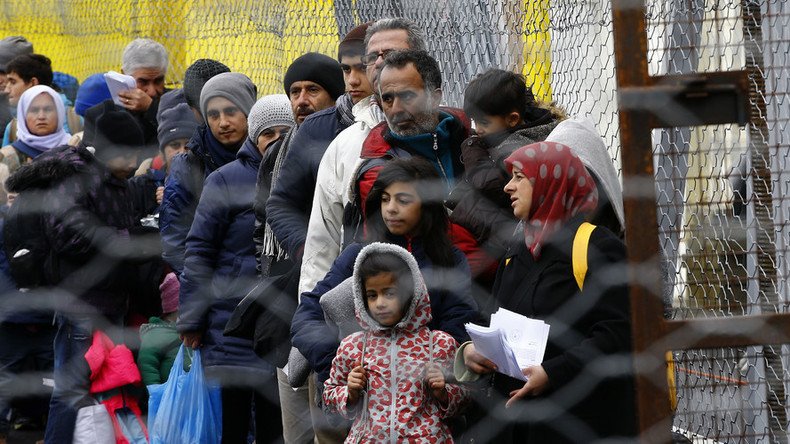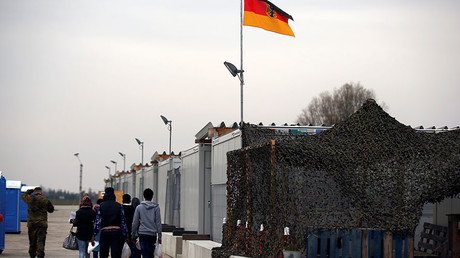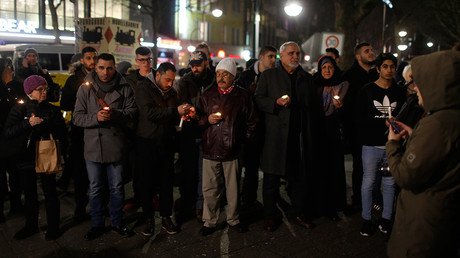‘Germany must remain Germany’: Bavarian leader drafts tough migrant policy proposals – report

A charter reiterating strict German migration limits and calling for new Turkey-like refugee agreements with third countries is reportedly being drafted by the leader of Germany’s Christian Social Union (CSU).
A program dubbed ‘Germany must remain Germany’ has been reportedly prepared by the Bavarian Prime Minister and the leader of CSU Horst Seehofer. The document is expected to be published on Tuesday, according to a report of Munich's local newspaper the Münchner Merkur.
The charter outlines the CSU’s position on Germany’s and the EU’s migration challenges. The document has been authored mainly by Seehofer, but also contains a number of proposals from Bavarian ministers, as well as input from other federal and state government officials, according to the Münchner Merkur.
There is however reference to the CSU’s commitment for further admission of “those in need of protection” into the country, despite the calls for migration limits and more stringent controls at the EU’s external borders.
“The inclusion of those in need of protection is a requirement of Christian and humanitarian responsibility,” states the charter according to the publication.
Germany should conduct its migration policy with “zero tolerance against xenophobia, racism and anti-Semitism.” Seehofer is also advocating for an “African act” within the European Union - designed to help troubled states outside the EU, and establishing refugee centers in third countries.
“It was only the EU-Turkey agreement that led to the relief of the EU’s external borders in Greece,” the charter states. “However, such third-country agreements cannot be linked to inappropriate topics, such as EU accession, and visa-free agreements.”
The charter also calls for revision of family reunification policies, as the right to live in the EU must become strictly “self-earned.” In addition, elder migrants must be subjected to limited social support payments as they had spent the most their working lives outside the EU, the documents says.
The migrant influx must be regulated by an “orderly procedure” and according to quotas which ensure a “fair and sound burden distribution to the EU must not exceed the limits of the absorption capacity of a country,” the charter states.
The document reiterates the controversial idea of capping refugee numbers at 200,000 a year, and Seehofer also wants other EU member states to impose upper migration limits.
Migration policy has been the main source of tension between Seehofer and his ally Chancellor Merkel and her Christian Democratic Union (CDU) party. Seehofer and Merkel are expected to hold a joint “reconciliation summit” in February before jointly campaigning for September’s elections.
While Seehofer has threatened to quit the alliance after the election if Germany’s migrant policy is not radically overhauled, some members of his party are calling for a united front in the run up to the elections.
“I believe it is in the interests of both the CDU and CSU sister parties that we enter the federal election campaign united,” CSU MP Stephan Mayer told party’s fellow members at an annual retreat, according to Deutsche Welle.
Mayer and Armin Schuster of the CDU wrote a letter to the Chancellor and Seehofer, proposing a flexible migration limit, which can be amended each year, DW reported. The idea seems to be compromise between Seehofer’s hardline approach and Merkel’s so called “open door” migration policy.
“The proposal envisages a concept for the establishment of a 'breathing' benchmark for the possible admission of people in need of protection in Germany,” DW quoted the letter as saying.














